Surah Yaseen Read Online
The Quran is a living revelation, continuously speaking to the heart and elevating the soul. Allah unveils His signs in the great book of creation: in every sunrise, every sprout emerging from the earth, and each passing day and night. Among the chapters that beautifully reflect this divine reality is Surah Yaseen (Chapter 36, Verses 83, Rukus 5), often revered as the Heart of the Quran.
This chapter speaks of faith, resurrection, and the grace of Allah, while providing profound insight into the natural order. The sun, the moon, the alternation of day and night, the revival of the earth, and the growth of plants — all are addressed. These verses invite humanity not only to see but to reflect; to look beyond the material world and perceive the āyāt (signs) of the Creator.
In an age where environmental challenges threaten our planet and humanity is losing touch with nature, the Hadiths and Quranic verses guide us to maintain balance between religion, science, and environmental consciousness.

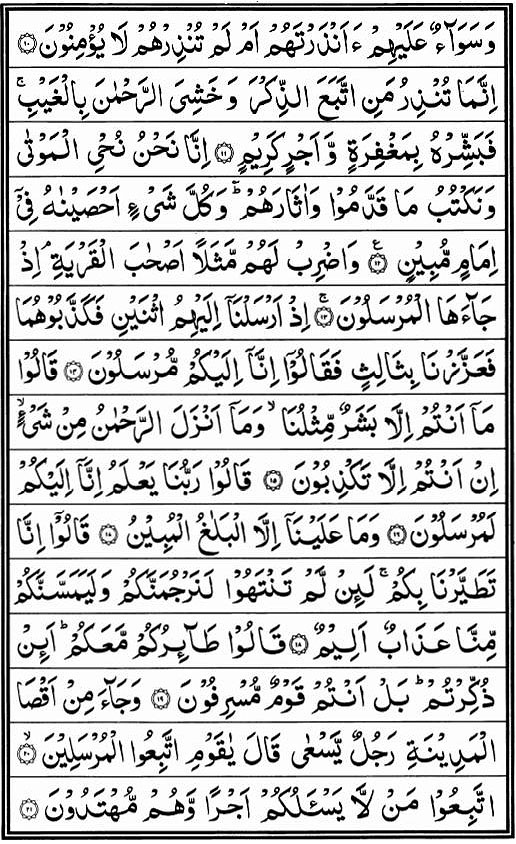
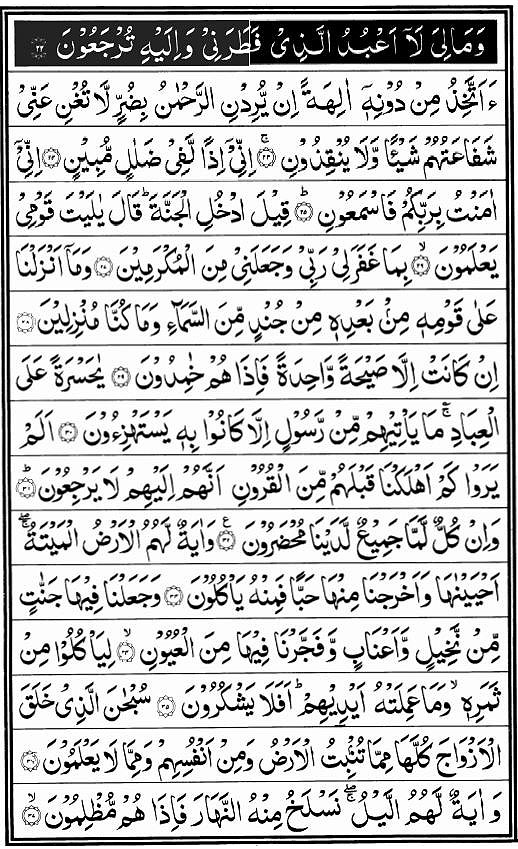
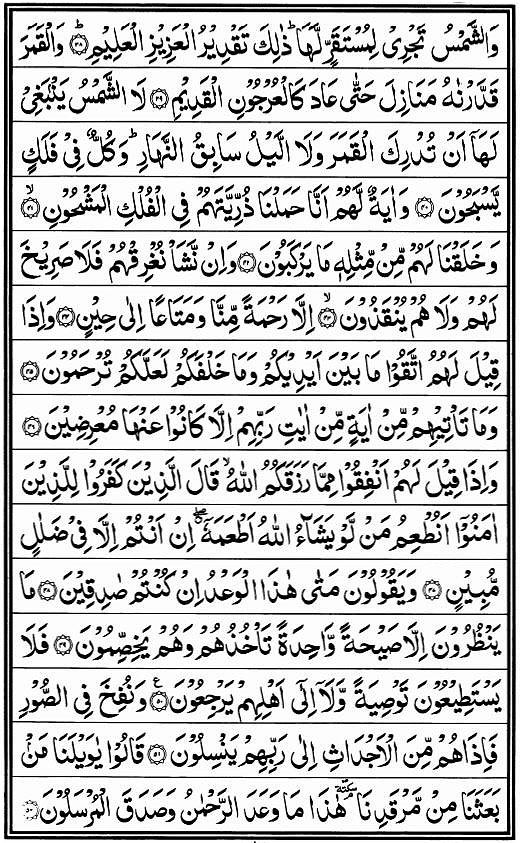
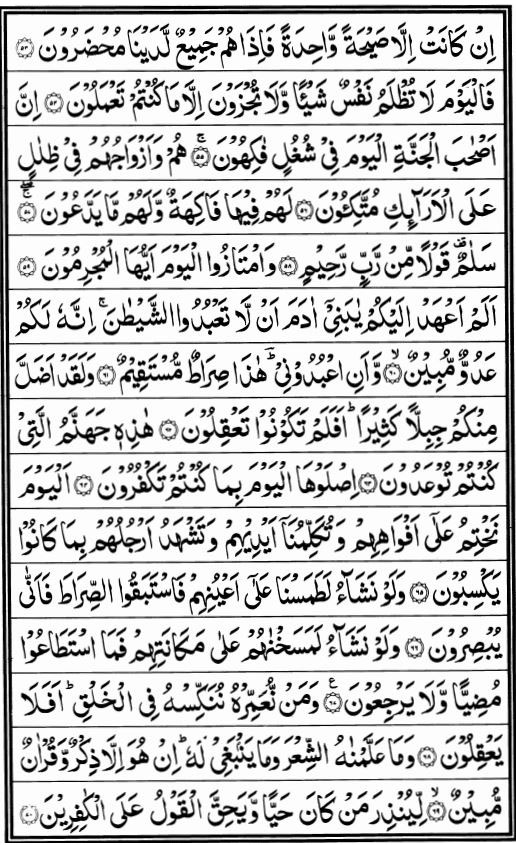
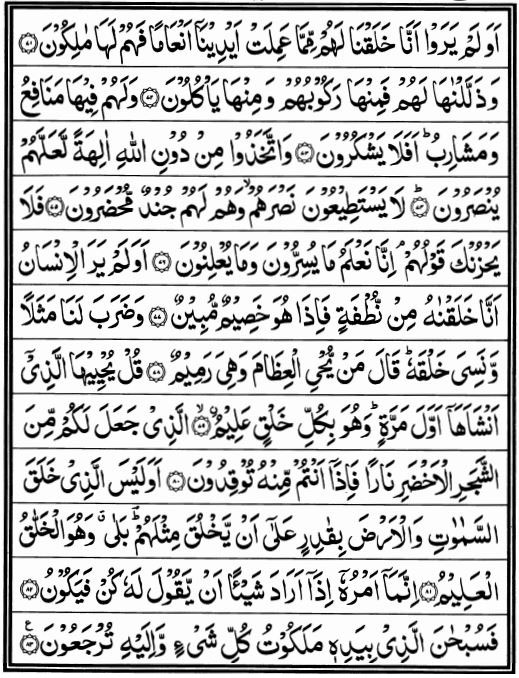
Quranic Perception: Nature as a Revelation
The Quran frequently uses the word ayah (sign or verse) for its own lines and for natural phenomena. This is no coincidence — it signifies a deep connection: just as the verses of the Quran lead to Allah, so does the natural world around us.
“And a sign unto them is the dead earth: We give it life and bring out of it grain, that they might feed on it.”
(Surah Yaseen 36:33)
Each verse in Surah Yaseen reveals a different aspect of divine order — the cycles of life and death, the paths of the sun and moon, and the alternation of day and night. These are not random events; they are precise signs of Allah’s wisdom, mercy, and greatness.
In the contemporary context, these verses complement scientific understanding. What once seemed miraculous is now appreciated through modern science — photosynthesis, gravitational balance, and ecosystems — all pointing to the perfection of Allah’s creation.
1. The Revival of the Dead Earth: The Miracle of Growth
Verse 33:
“And a sign unto them is the dead earth: We give life and bring forth out of it grain, that they may eat of it.”
Surah Yaseen emphasizes natural resurrection following desolation — a sign of Allah’s power and a metaphor for human resurrection.
When rain falls on dry soil, dormant seeds germinate. What once appeared lifeless bursts into life. Modern botany confirms this — seeds contain a complete genetic map. Water triggers enzymes, respiration, and cell division, initiating growth.
The Quran presents this as a parable: the same Allah who revives the earth can resurrect humankind after death. Beyond resurrection, this verse cultivates gratitude toward the environment. Grain signifies our dependence on nature’s systems, reminding humanity to honor and protect living ecosystems.
This verse highlights ecological ethics — humility, gratitude, and acknowledgment that Allah sustains creation.
2. Gardens, Springs, and Fruits: Ecology as Divine Mercy
Verses 34–35:
“And We have placed therein gardens of date-palms and grapevines and caused springs to gush forth, that they may eat of its fruit — and their own hands did not make it. Will they not then be thankful?”
The transformation of barren land into gardens illustrates divine mercy. Sunlight, water, soil, and human effort operate in perfect harmony. The Quran emphasizes: “their own hands did not make it”, reminding us that creation is beyond human power.
These verses inspire environmental stewardship, urging believers to recognize God’s continuous role in sustaining life. Science may explain the mechanisms, but the Quran explains why life exists — as a reflection of divine will.
3. The Cosmic Order: The Sun and the Moon in Their Calculated Paths
Verses 38–40:
“And the sun runs its course to a place appointed — that is the decree of the Mighty, the All-Knowing. And the moon, We have set its phases till it returns like an old date stalk. The sun is not permitted to overtake the moon, nor does the night outstrip the day. Each floats along in an orbit.”
These verses describe celestial harmony — the sun, moon, and planetary orbits. The phrase “each in an orbit floats” (kullun fī falakin yasbaḥūn) foretells orbital motion, confirmed by modern astronomy centuries later.
Spiritually, this reflects divine order. If the universe operates in perfect discipline, humanity should follow the guidance of Allah. Night and day, seasons and time, all testify to Allah’s mercy and majesty.
4. The Cycle of Night and Day: Reflection and Renewal
Verse 37:
“And a sign unto them is the night: We withdraw the day therefrom, and behold, they are in darkness.”
Physically, the alternation of night and day is due to Earth’s rotation, a vital system for life. Spiritually, the Quran links night with reflection and day with action, forming a divine rhythm. Modern neuroscience confirms that sleep restores mind and body.
In an age of artificial light and constant busyness, this verse reminds believers: peace lies in divine balance.
5. The Ships that Sail: Human Ingenuity as Divine Providence
Verse 41:
“And a sign for them is that We carried their offspring in the laden ship.”
While referring to Noah’s Ark, it also symbolizes human innovation. Ships harness wind and waves, reflecting divine inspiration. Revelation and reason are complementary — intelligence is a divine gift, a means to discover the Creator’s laws.
6. The Signs of Allah in the Ecosystem: Interdependence and Sustainability
Surah Yaseen outlines an ecological vision:
- Sustainability: Life continues and renews.
- Interdependence: Living systems rely on each other.
- Balance: Celestial and terrestrial systems operate harmoniously.
- Gratitude: “Will they not then be thankful?” — a moral reminder of humanity’s duty.
Believers are taught humility, stewardship, and responsibility — faith expressed through gratitude and moderation.
7. Scientific Reflections: Revelation and Reason in Harmony
Surah Yaseen presents revelation and observation in dialogue:
- Sun and moon illustrate astronomical precision.
- Revival of the earth mirrors biological renewal.
- Cycle of day and night reflects planetary balance.
These are spiritual invitations — to see beyond mechanics to the Divine Intelligence (Al-Qayyum) sustaining all.
8. Spiritual Intuitions: Glory of Allah Reflected in Nature
Each natural event in Surah Yaseen mirrors Allah’s divine attributes:
| Natural Phenomenon | Divine Attribute | Reflection |
|---|---|---|
| Rain reviving the earth | Al-Muḥyī (The Giver of Life) | Hope and resurrection |
| Sun and moon’s cycle | Ar-Razzāq (The Provider) | Thankfulness and sustenance |
| Growth of fruits and plants | Al-Khāliq (The Creator) | Abundance and mercy |
Believers who ponder these signs move from observation to realization of Tawheed (Oneness of Allah).
9. Ecological Responsibility: Stewards of the Planet
As nature reflects Allah’s signs, humanity must act as khalifah (stewards). This requires compassion, restraint, and justice toward all living beings.
Surah Yaseen reminds us: environmental care is an act of worship. Planting trees, conserving water, and protecting ecosystems express gratitude to the Creator.
10. Implication: Let the Beauty Be Reciprocated
Surah Yaseen invites believers to see Allah’s message in the universe — in every sunrise, seed, and breeze. Science explains how, the Quran explains why. Together, they form a complete vision of truth, inspiring awe, humility, and gratitude:
“Will they not then be thankful?”
Every seed that sprouts is a resurrection, every breath a reminder of divine creation.
Surah Yaseen Read Online
For those wishing to read Surah Yaseen online, multiple platforms now offer high-quality, authentic Arabic versions with translation. Reading online allows believers to:
- Reflect on verses in daily life
- Recite with mindfulness anywhere, anytime
- Strengthen faith and spiritual awareness
- Observe the signs of Allah in creation through contemplation
Accessing Surah Yaseen online is a step toward connecting faith, reason, and the natural world, staying true to the Quranic vision of harmony between Islam, nature, and human responsibility.
Surah Yaseen is more than words; it is a spiritual lens to perceive the world. Every natural event — sprouting seeds, flowing rivers, day and night, celestial harmony — is a sign of Allah’s mercy, wisdom, and power.
Reading Surah Yaseen online nurtures faith, gratitude, and ecological responsibility, reminding humanity to live in harmony with Allah, nature, and creation. Each verse calls believers to reflect, act wisely, and cultivate spiritual and environmental consciousness.
